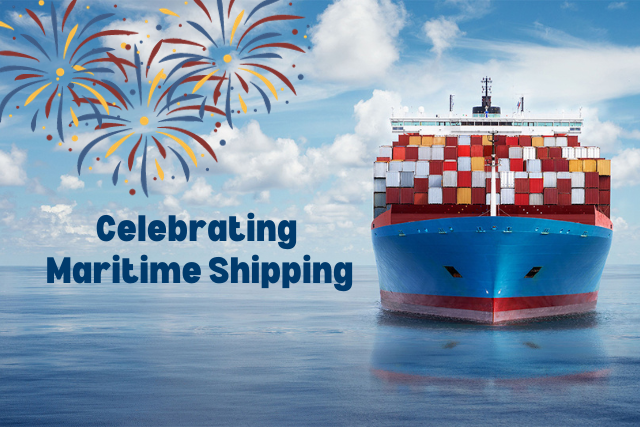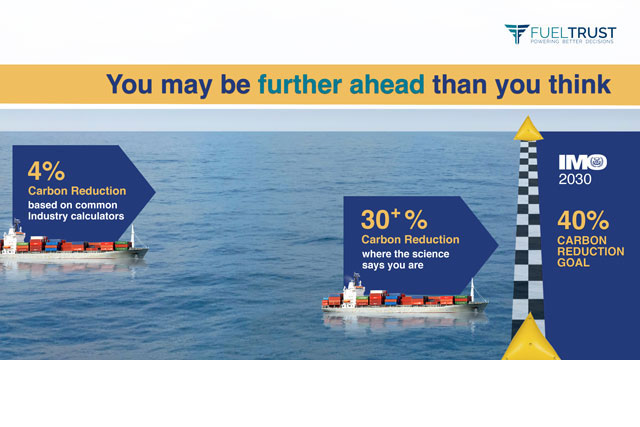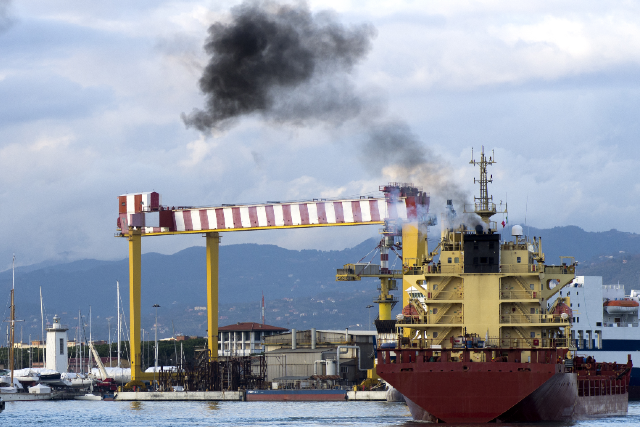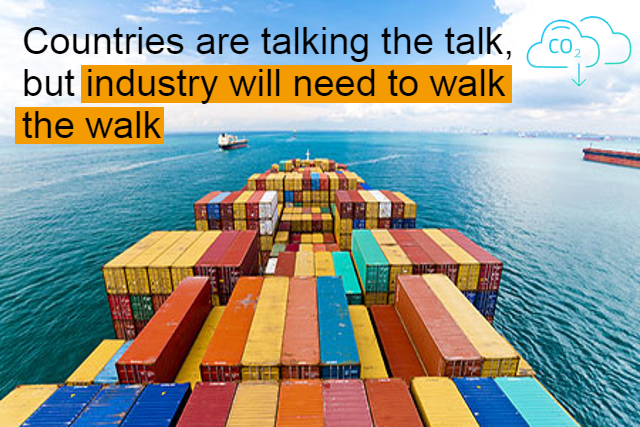Maritime Supply Chain in the spotlight
This year, as the Ever Given brought havoc to global supply chains, the world at large caught a fleeting glimpse into the fragility and importance of shipping’s place in global commerce. As cargo vessels now queue up in ports around the world, consumers are becoming increasingly aware of the role that maritime trade plays in getting products on shelves – and as such, the sector is falling under unusual scrutiny.
At the same time, supply chain managers and ESG investors are focusing more on shipping, as another potential crisis looms – dependent on the sector’s ability to meet urgent decarbonization targets. If shipping continues along its business-as-usual trajectory, its relative share of global emissions is likely to grow as other sectors, with easier decarbonization trajectories, move away from fossil fuels.
Shipping’s share of Greenhouse Gas (GHG) emissions
Last year, a report – the fourth in a series commissioned by the IMO – noted shipping’s share of global CO2 emissions increased to 2.89% in 2018 from 2.76% in 2012. While the impact of coronavirus means that emissions may be lower overall, shipping’s share of GHG emissions will grow as other sectors decarbonize faster – potentially rising to represent 10% of global emissions by 2050.
This presents one of the hardest challenges to solve for an increasingly ESG focused supply chain and logistics sector. Limited by access to electricity from renewables, shipping is in a uniquely challenging position, relying primarily on low or zero carbon fuels to make the shift. Significantly, few of these fuels are already at scale, and they will be expensive to implement and purchase.
The challenge goes beyond emissions – it presents major operational risks as well. Vessels that do not comply with impending GHG regulation requiring year on year efficiency improvements may be ruled ‘unseaworthy’ – with huge operational, legal, and reputational consequences not only for ship owners – but also for charterers (cargo owners).
The maritime ESG quandary
Maritime decision makers are sitting in an uneasy position when it comes to selecting maritime transport options – with heavy penalties for getting it wrong and few easy options. Their choices will primarily determine a large proportion of a business’s Scope 3 ESG measurements. These measurements are now the primary agents in driving choices in clean-shipping, contract compliance with ESG goals, and reporting decarbonization in the supply chain. Not only will shipping contribute an increasing amount of the emissions that shipowners and charterers need to tackle, the means of verifying clean vessels are only becoming more difficult.
Faced with a highly complex set of decisions, charterers currently lack a “decide and comply” framework that integrates with existing logistics management systems to help them manage GHG emissions from shipping and provides validation of ships’ green credentials. Instead, emissions data largely relies on a framework of bunker delivery notes (BDNs) and various forms of emissions reporting. Many of these systems are still paper-based and open to disruption or fraud, meaning that shippers have little visibility into the fuels that they are buying.
Tracking emissions with AI and blockchain
As shipping looks towards alternative fuels such as ammonia, biofuels, hydrogen, or synthetic fuels to meet its decarbonization trajectory, each fuel will have its own supply chain. This will make it increasingly difficult for shippers to accurately track emissions from source to combustion and make decisions accordingly.
So, what’s the answer? At CSCMP this week, we discussed how we’re bringing together advanced AI and blockchain to provide visibility over the entire maritime ESG value chain. By using an AI-powered ‘digital chemist’ to trace the lineage of fuels up and down the supply chain, and recording it in a permissioned blockchain platform, we can help maritime professionals make better choices based on information about current, real world ESG compliance.
With the ability to report KPIs as soon as next day for cargo and upstream Scope 3 impacts, we can help organizations drive their ESG initiatives faster, adjust quick enough to have an impact and ensure ESG compliance across the supply chain lifecycle.
We invite you to share your thoughts with us on driving ESG compliance through data transparency.
“AI Digital Chemist” is a trademark of FuelTrust, Inc.







